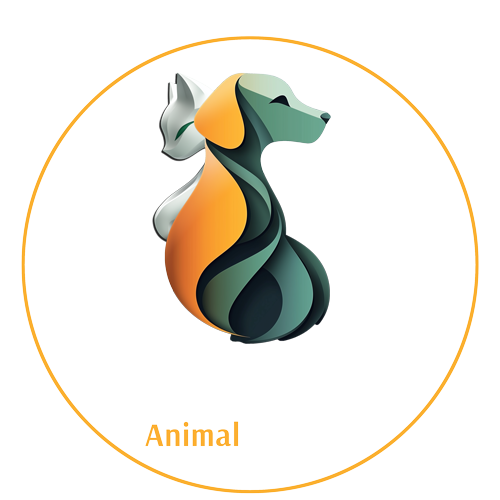Worldwide research reinforces a powerful truth: caring for pets helps manage risks, not just for them but for humans too. Here’s how TVS Hospitals is incorporating these insights into our patient care.
Dogs Detect Parkinson’s Disease through Scent
A trailblazing study showed trained dogs could detect Parkinson’s disease in people via skin swabs, with up to 80% sensitivity and 98% specificity. In routine clinical practice, no screening tool exists that’s as fast or non-invasive. These findings reaffirm dogs’ extraordinary olfactory abilities, and strengthen the “One Health” principle: animal research advancing human health too.
At TVS Hospitals, this encourages our team to stay alert to early biomarkers, even subtle changes in a dog’s glycans or sebum signatures may someday link to broader health signals.
Emotional Traits Shape Medical Response
Recent research out of the University of Bristol found that dogs with optimistic temperaments performed better in detection work, while “pessimistic” dogs made fewer errors in high-stress contexts. This finding suggests that emotional personality may influence both training success and even therapeutic responsiveness. At TVS Hospitals, we factor in each pet’s emotional profile when recommending behavior or rehab plans, understanding that wellness isn’t only physical but psychological too.
Cutting-Edge Cardiac Monitoring in Real-Time
A clinic pilot in Australia is trialing the Atrio Pet Pulse Holter monitor: a collar-based ECG device that records a dog’s heart rhythm over 24 hours using AI-powered software. This enables identification of arrhythmias and cardiac abnormalities in real-world settings without referral wait times.
We’re exploring similar tools for adoption to help us diagnose intermittent heart issues in pets that otherwise go undetected during short exams.
How TVS Hospitals Applies These Findings
- Casual Stride Changes Matter: Minor changes in locomotion or walking speed, possibly tracked through wearables, might cue early orthopedic or neurological evaluations.
- Behavioral Insight in Surgery & Recovery: Recognizing an individual pet’s temperament helps us personalize anesthetic protocols and stress reduction strategies.
- Cardiac Care Expansion: We’re in discussions to trial longer-term heart monitoring devices for Toronto-based patients at risk of silent cardiac conditions.
Big Picture: One Health in Action
Collective data between human and veterinary medicine is evolving. When dogs sniff out chemical biomarkers linked to disease, they offer early detection examples valuable for both species. Smart collars may one day monitor human-pet cohabitation metrics such as shared allergen exposure or even zoonotic risk indicators.
At TVS Hospitals, we view these global breakthroughs not as distant curiosity, but as practical next steps. We continue to follow global research, comparing findings, adapting protocols, and sharing expertise with other clinics.

